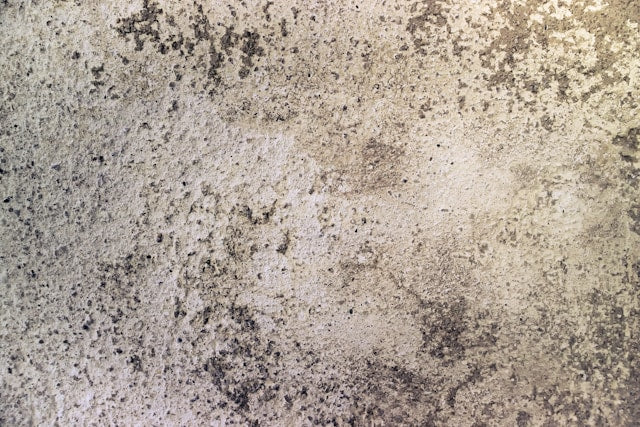When I first started hearing people talk about “grit” in relation to what makes people successful, it raised my hackles. I was immediately resistant to even hearing about the concept of grit Angela Duckworth offers in her book, Grit: The Power of Passion and Perseverance.
I was resistant because I associate “grit” with “grind.” I think of “grin and bear it.” “Suck it up, buttercup.” “No pain, no gain.” All that stuff. I also ASSumed that her book would tell me that I didn’t have enough grit, and I wasn’t really interested in hearing it.
So it’s a good thing that’s actually NOT what Angela Duckworth means. In short-short, Duckworth defines grit as “passion and sustained persistence applied toward long-term achievement.” The five characteristics are: courage, conscientiousness, long-term goals, resilience and excellence (not perfection).
Duckworth illustrates that grit is a path to success where motivation comes from passion and knowing your purpose, internal qualities. I’d say that “grind” is a path with plenty of hard work that may look successful to outsiders, but is motivated by fear and lacks true passion and interest.
How to Recognize a Grindset
-
Operating from fear—fear of disappointing others or not meeting their expectations; fear of failure; fear of not being liked.
-
Motivated by “have to’s and supposed to’s”
-
Choosing perceived safety over happiness
Grit means knowing what your purpose is. When I don’t know why I’m doing something, it turns into a purposeless grind. Trying to please others leads to grind; identifying my own standards for success motivates me to summon the grit necessary to do whatever the work is. A grindset, then, is toiling away to meet someone else’s expectations (or our interpretation of what we think their expectations are), pursuit without personal purpose and choosing what looks good over what is good for us.
What I’ve encountered with my clients is that a grindset can apply to pretty much anything, even a vacation. For example, a friend of mine admitted to turning her vacation into a grind because she was trying to pack in everything she could so that the trip would be fun and memorable in order to prove to herself that she is a good mother. Trying to plan a vacation according to what will make her look like a good mother is grind-inducing because the motivation is coming from fear and from external expectations.
The grit concept still makes me a little nervous. First of all, Duckworth’s definition of grit assumes that people know what they want. A person whose goals change or who don’t have a long-term goal is less gritty by her scale. That’s problematic for several reasons. We often have to experiment and try things so that we know what we like and want. Secondly, it takes a whole lot of courage and grit to admit when we’ve started down a path that doesn’t work and we need to start over. Finally, what is foundational to becoming grittier is self-compassion. In order to learn from failures, we must be self-compassionate.It's very difficult to learn when we criticize and judge ourselves.

